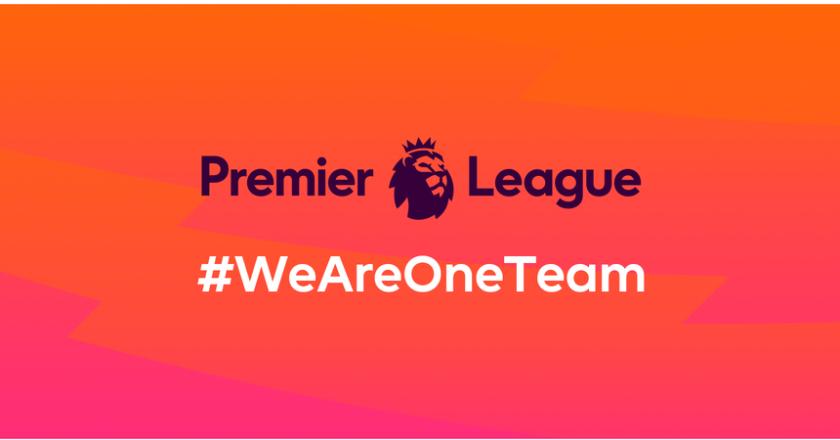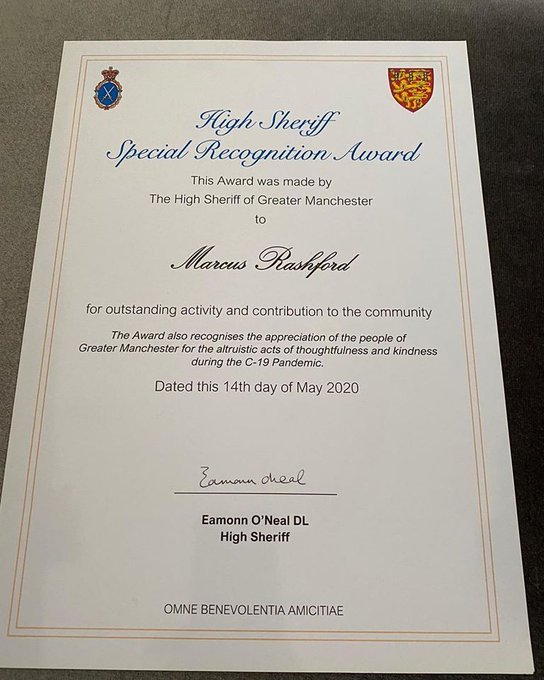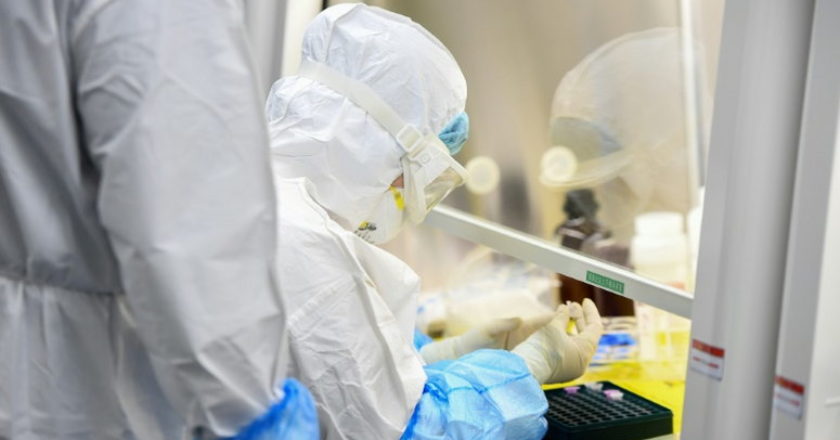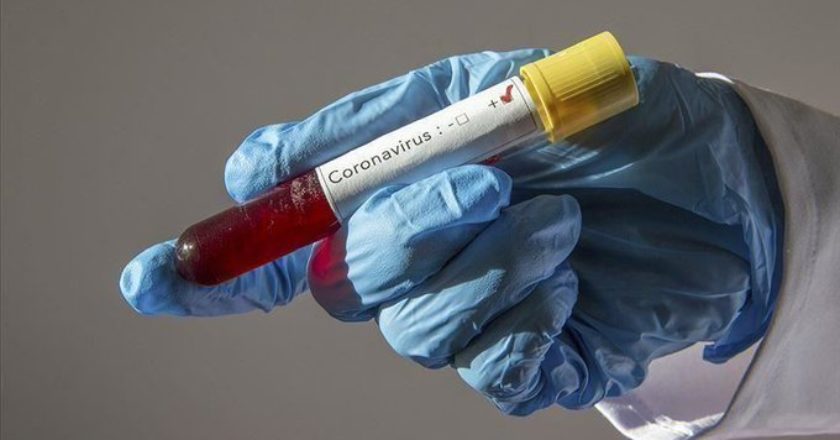Maybe tomorrow everything will be fine. Maybe tomorrow I won’t have this sick feeling in my stomach or the guilty throbbing in my chest. Perhaps, I won’t feel as empty as I feel right now. Maybe tomorrow I can go back to the man I used to be. But today; today I just lie in bed, blinds drawn, phone switched off; thinking that if I can be absolutely still, the earth will not rotate and we shall all remain in this moment forever, for how can I allow the seconds to speed away unabated, leading me gradually to the consequences of my actions?
The whirring of my rechargeable fan and the noise of my neighbour’s generator in the background disturb the stillness. I turn off the fan but I can’t turn off my neighbour’s generator. I soon begin to sweat because even though the windows are open, the heavy blinds prevent any breeze from getting in. I still don’t turn on the fan. I prefer to continue sweating than to shatter whatever stillness I have managed to create.
As much as I try, I know that I can never keep my mind in the present. The past keeps flashing before me like a cinema screen. I can feel the beads of sweat on my scalp deep under my thick hair, trickle down to my forehead. The sheets are soaked. The heat I feel right now has no bearing on the weather or the lack of ventilation in my room.
My sanity is in serious doubt. But if I am able to doubt my own sanity, then how could I possibly be insane? So maybe I am at that precarious border between sanity and outright madness.
I chuckle at the bizarreness of my situation, pondering my level of insanity when death looms. Surely, the wages of sin is death but the choice between death and insanity is an easy one. I only need to prove that I was out of my mind when I grabbed Esohe by the hair and smashed her face continuously on the bathroom sink until she stopped screaming that I was hurting her and began to bleed until she passed out.
I can claim provocation. I was sufficiently provoked. My manhood was called to question. But wouldn’t that make me an insecure bastard? Or confirm that I am not and will never be man enough? What does that even mean? Man enough. Man enough. Man enough… Oh shit, I just want to crawl into oblivion and remain there forever. I had always known that I will never be good enough for her. No, not me. I knew she would never find me good enough, but I was available and she was desperate and we were able to temporarily drown out the sensible voices that whispered reason into our heads. We drowned them out with our endless confessions of love, screaming “I love you” so vehemently to each other in an attempt to convince ourselves that we were in love. Why? We needed to justify wanting to get married and love was the perfect excuse.
Her voice replays endlessly in my head with words that pierce deep into my soul, “You can never, and you will never be half the man that Bosun is. Not with your dysfunctional brain, empty pocket or that thing you still believe is a penis.”
I wish there is a way I can reach into my head and yank the voice out, not because of the damage her words have done to my heart, but because I still find her voice intoxicating. Somehow, that voice, even though spitting venom, still seems to calm my nerves. My mind drifts back to the first time I heard the voice; the moment it hit my ears, I knew I wanted to hear it over and over and over again, for the rest of my life. It wasn’t smooth, silky or seductive, it was fiery, full of life and energy. Sharp enough to pierce through my soul and strike a chord that would resonate endlessly through my entire being. The feelings her voice evoked in me were too strong and exhilarating and exhausting to be love.
Chuks said I must be mad. That was the only explanation he could give for a full-blooded hunk of a man like me to be obsessed with a woman’s voice when there were other seductive body parts to justify obsession. He even said that if it were her eyes, he would understand that she had bewitched me with a magical look.
I chuckle at the thought of Esohe as a witch. No, she was too strong a woman to rely on the supernatural for help. Esohe, Esohe, Esohe…
Her name; that is all I can hear in my head now. No, I hear a loud banging sound too. They alternate; Esohe, bang, Esohe, bang, Esohe, bang…
Also Read: Dancing With The Waves | By: Victor Olugbemiro
I am hearing voices now. Must be the voices of Bunmi and neighbours. Esohe had somehow regained consciousness minutes after I went to lie on the bed. The door leading to the bathroom was half open and I could only see her head and not her hands as she reached into her pocket and dialled Bunmi’s number. I saw her as she put the phone to her ear and I rushed to her and smashed the phone on her head repeatedly till the sight of blood made me nauseous again and I returned to the bed.
Bunmi, that shameless slut who was thirty-four; unmarried and unbothered. She must have spent the better part of her younger days sleeping with sugar daddies and turning twenty-one each year. Now no one wanted her.
Unfortunately, there she was at my door, pointing my nemesis in my direction. I always knew that she was no good.
I begin to laugh, not that I find anything funny. I feel that laughing will convince Bunmi and her gang that are banging on the door that I am mad. I pick myself up and rush to the bathroom where Esohe still lies unconscious in a small river of blood. Don’t know if she’s dead, don’t know how to check. I just pick her up and hold her in my arms, still laughing and whispering the sweet words we used to share when the deceit was at its peak.
I hear them break down the door and make their way to the room. Bunmi the Slut gets to me first and tries to pull me away from Esohe but she can’t move my bulky frame. She calls out to the others for help and two hefty men who were hesitant to enter the bedroom rush to me and pry Esohe loose from my grip. They fling me to a corner and concentrate on reviving her. Everything turns blurry to me and I can’t pick out faces anymore, only shapes. All of a sudden, I become intensely sad because the thought of losing Esohe to death, a death caused by my own hands, depresses and frightens me.
No. I must not lose her, so if she is dead, then I must join her too and we shall be together in eternal marital bliss; achieving in death, what we couldn’t achieve in life. Immediately, I get up and head for the kitchen. One of the hefty men thinks I want to make an escape and he follows me. I beat him to the kitchen and grab the long-serrated knife. As he moves close to me, I drive it into my heart with all my strength. Just before I blackout, I hear slut friend say with relief, “Thank God, she’s alive!”










